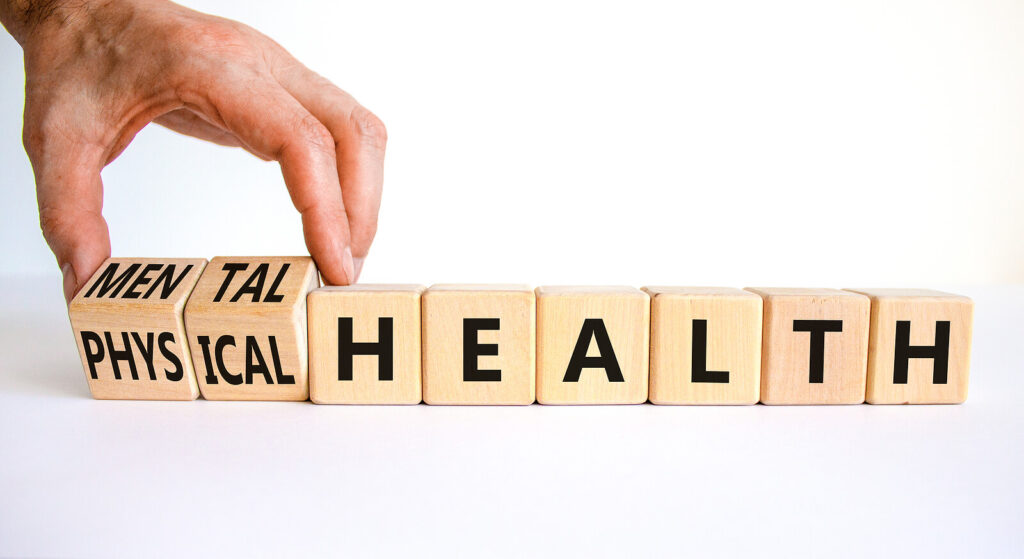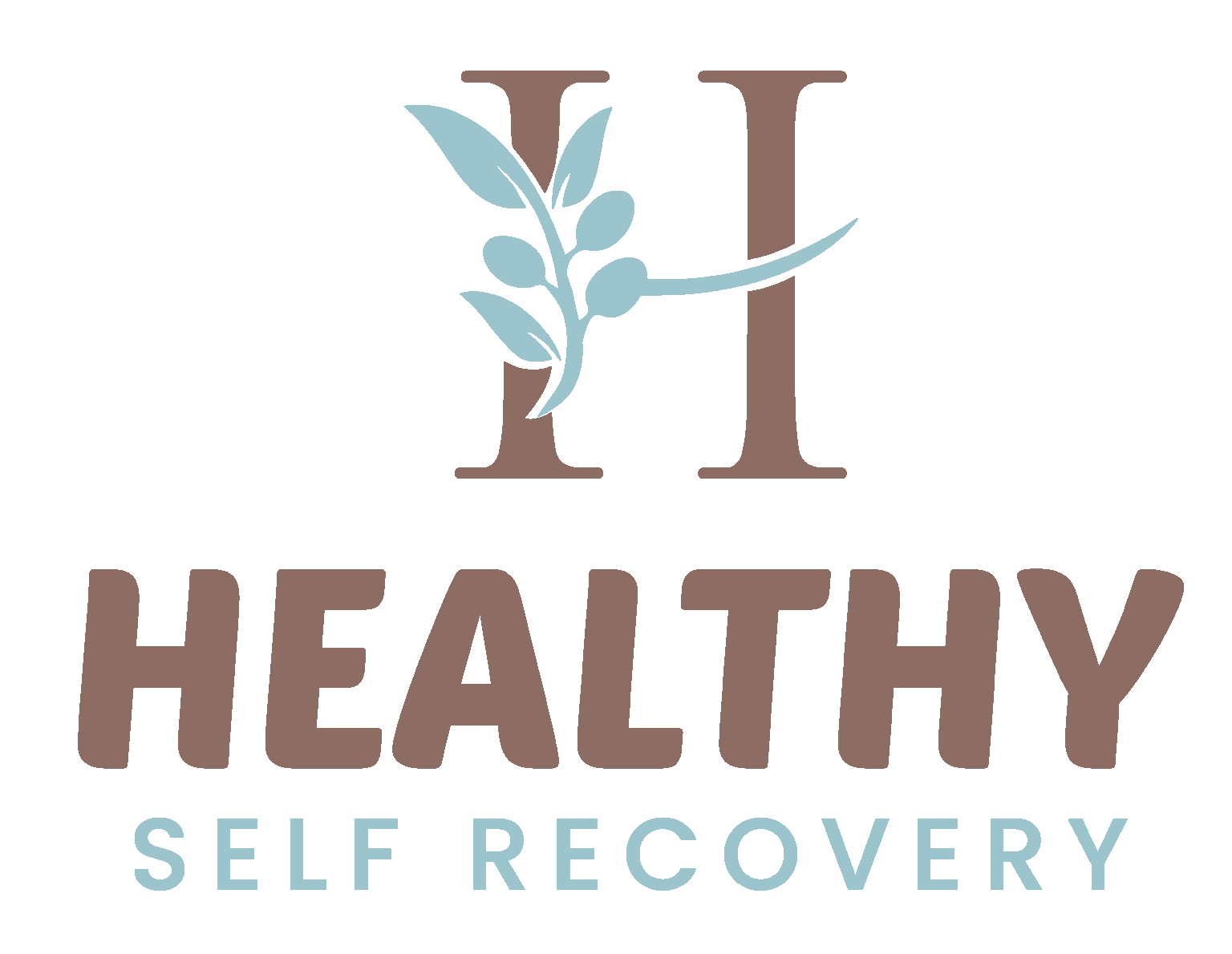Navigating the journey of eating disorder recovery is complex and deeply personal. One of the essential components of this process is nutritional rehabilitation and guidance. Understanding the importance of nutrition in eating disorder recovery can significantly impact someone’s journey. Here’s why nutritional guidance used in eating disorder recovery coaching matters.

Why Nutritional Guidance Matters
1. Restores Physical Health
The cornerstone of eating disorder recovery is nutritional rehabilitation. If you suffer from an eating disorder, no matter what your weight is, the likelihood is that you are weight suppressed and consequently your body will be weight depleted of energy. Much of the initial stages of recovery are focused on restoring this energy debt and giving the body the resources to do the repair work for systems and organs that have been running on empty.
Very often this phase is tailored by a registered eating disorder dietitian. The focus is not only on increasing energy – and energy needs can be a lot higher than normal in this phase, but also on ensuring that all food groups are consumed, that food is coming in regularly throughout the day without long intervals of not eating. As recovery progresses, fear foods are introduced and challenged.
2. Supports Emotional and Mental Well-Being
Being malnourished and energy depleted has a significant impact not just on the physical body but also on one’s brain. Imaging has shown that the brain can actually shrink with an eating disorder. This in turn affects someone’s personality, their behaviours and thought patterns. Furthermore, malnutrition can exacerbate mental health symptoms such as anxiety and obsessive compulsive tendencies and make recovery more difficult.
Restoring energy through balanced meals and regular eating are necessary for the brain to function properly. Furthermore, the act of consistently eating, changing behaviours and challenging fear foods helps to neurally rewire the brain and change thinking patterns and habits. The more food is consumed regularly, and anxiety reduces around eating and certain foods, the more the eating disorder thoughts and behaviours are weakened.

3. Establishes a Positive, Flexible Relationship with Food
In recovery, one of the primary goals is to cultivate a positive, flexible and balanced relationship with food. This can seem like an impossible thing to achieve in a world where being thin is idealised and where disordered eating is normalised. However, it is possible.
Nutrition guidance and re-education play a vital role in challenging diet culture and food rules. It also helps to dismantle the fear and anxiety often associated with eating. Many of the food rules and fears that people have in their eating disorder are based on half facts, or snippets of diet culture which are then latched onto and taken to an extreme. By learning the facts about food and looking at the bigger picture of food and eating and understanding that food and health are individual and context specific people can learn to view food as nourishment rather than something to control or fear, and indeed food starts to take an appropriate place in their life rather than being the sole focus.
The RAVES Approach: Rebuilding a Balanced Relationship with Food
None of us were born with disordered thoughts around food and eating. We all knew how to eat intuitively as a child. Disordered eating is learned behaviours and beliefs. As a registered nutritionist and eating disorder recovery coach myself, I particularly like and resonate with the RAVES structure. Designed by an Australian dietitian, Shane Jeffrey, RAVES is a 3-stage approach for people suffering from an eating disorder to develop a balanced relationship with food and eventually to restore intuitive, spontaneous eating.
- The first phase is about establishing Regularity and Adequacy with eating.
- The second phase is focused on Variety, Eating Socially, and Spontaneity.
- The final phase is about bringing it back to not thinking about food but about eating intuitively.
Compassionate Support for Your Nutritional Rehabilitation and Recovery
Nutritional rehabilitation brings about many changes that can initially be uncomfortable and overwhelming. As a registered nutritionist who has recovered from an eating disorder myself, I am well placed to help you. Not only do I have the science-based knowledge to explain things to you but I have the lived experience of recovery. This allows me to validate and normalize the struggles that come with the recovery process.
the struggle of recovery.
Depending on the severity of your eating disorder and how that has affected you physically, I will work collaboratively with a registered eating disorder dietitian to help you nutritionally rehabilitate and to challenge food rules and behaviours that are not serving you. If symptoms are less severe, then I can offer you the guidance and education to help you overcome limiting beliefs and reach a place where food takes an appropriate place and meaning in your life.
If you or someone you know is struggling with an eating disorder, don’t hesitate to seek help. Recovery is possible, and with the right guidance, a healthier, more balanced life awaits. Find support with Healthy Self-Recovery.

Find a Healthier, More Balanced Life with Eating Disorder Recovery Coaching in the UK and Online Globally
Taking the first step toward healing can feel overwhelming, but you don’t have to do it alone. Eating disorder recovery coaching in the UK provides the guidance and support needed to rebuild a balanced relationship with food. At Healthy Self-Recovery, I’m here to help you navigate recovery with compassion, expertise, and a personalized approach. Follow these three simple steps to get started:
- Contact me to schedule a free discovery call to see if Eating Disorder Recovery Coaching is right for you.
- Begin meeting with me, Marianna Miles, an British eating disorder recovery coach
- Start rebuilding a balanced relationship with food!
Other Services Offered at Healthy Self-Recovery
As your coach in eating disorder recovery, I’m here to guide and support you throughout your journey. I provide encouragement and tailored strategies to help you navigate the emotional and behavioral challenges of healing. My eating disorder recovery coaching sessions are designed to address food-related anxieties. Offering compassionate meal support in a safe and understanding space. With ongoing text support, you’ll stay motivated and feel less alone in the process. Collaborating with your medical team, I ensure that your recovery aligns with your broader treatment plan for a well-rounded approach. Together, we’ll build a path toward healing, helping you regain confidence and develop a healthier relationship with food. My services are available throughout the UK, including England, Scotland, and Ireland, with online coaching accessible worldwide.








